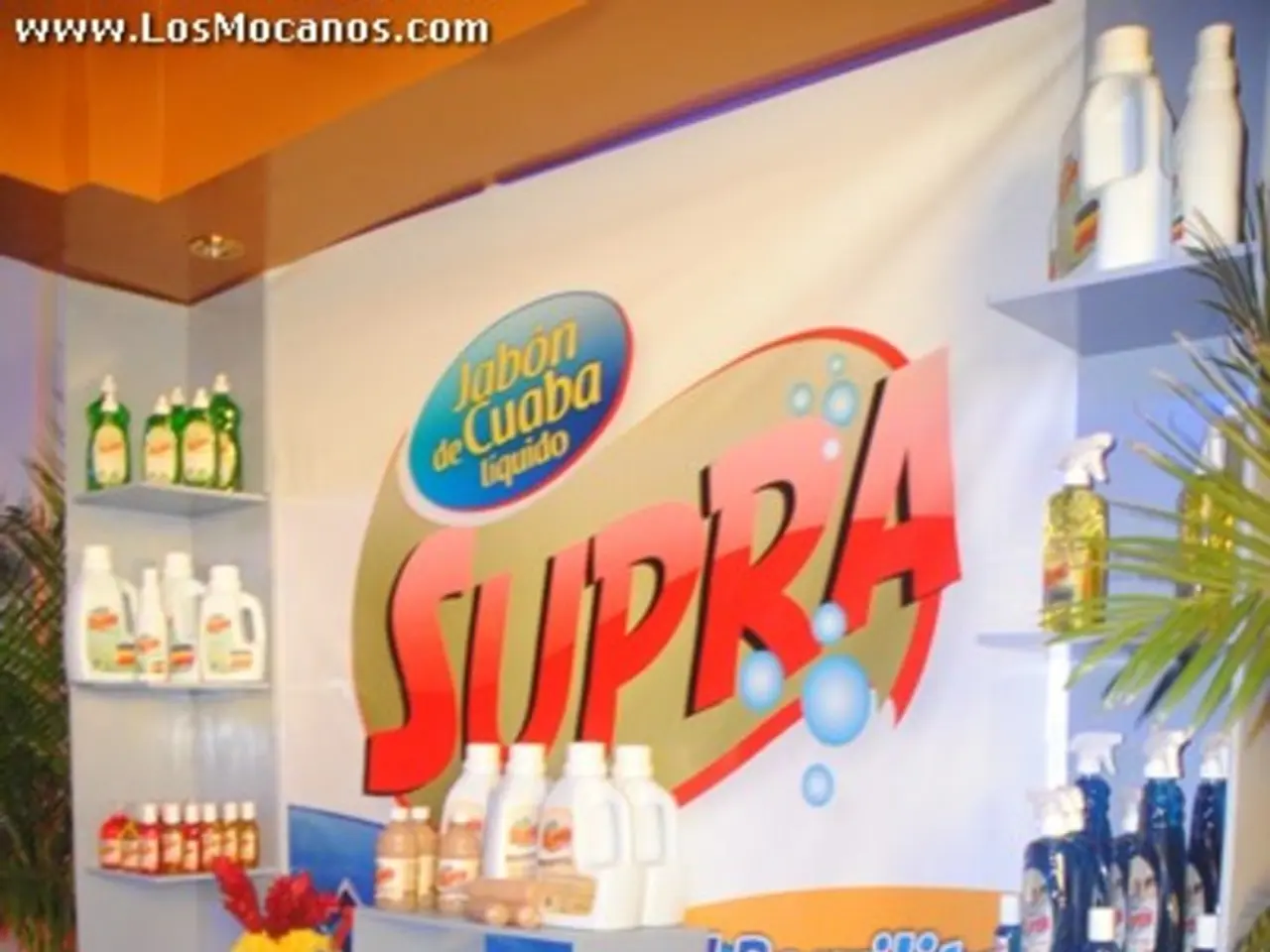Highlighting FitLine: Examining Quality, Receiving Constructive Feedback, and the Influence of Direct Selling
In the realm of nutritional supplements, FitLine, a brand under PM-International, has carved out a unique niche for itself. With over three decades of operation and regulatory approval in multiple markets, FitLine has become a cultural touchpoint in the global wellness conversation.
Founded under PM-International, FitLine has grown rapidly, reaching global revenues of $3.25 billion in 2024, a testament to its strong market penetration and expansion. The company operates primarily through a direct sales model and multi-level marketing (MLM) distribution strategy, a structure that has been both a significant driver behind this growth and a subject of debate.
At the heart of FitLine's product innovation is its proprietary Nutrient Transport Concept (NTC®), which claims to enhance nutrient absorption by delivering nutrients at the right time and place in the body. This cutting-edge approach is reflected in their product range, which includes popular items like the FitLine PowerCocktail, as well as supplements certified on the Cologne List, making them suitable for use by professional athletes.
The business model behind FitLine involves MLM, where independent distributors sell products directly to consumers and recruit others to join the sales network. This structure has generated both success and controversy. On one hand, proponents praise the business for combining health science with community-driven selling, and appreciate the product’s certifications and innovation. On the other hand, critics often point to MLM practices as controversial, citing concerns about market saturation, income opportunities skewed toward the top distributors, and the pressure distributors may face to recruit continually.
FitLine's business model is promoted as an opportunity for personal and professional growth, with flexible hours, continuous training, and personal mentoring. The company also emphasizes transparency and ethical practices, with income tied directly to product sales.
Beyond its products, FitLine is also involved in charitable endeavours. Its charity foundation, "PM We Care," partners with World Vision to fund sponsorships for over 6,600 children globally.
It is important to note that this article is based on publicly available information and aims to provide a neutral perspective. Always consult a qualified healthcare provider before using dietary supplements, including FitLine products, to ensure they are suitable for your individual needs.
This article is not a sponsored post provided by PM-International. However, it is essential to approach any information about such companies with a critical eye and seek out multiple sources to form a well-rounded understanding.
In summary, FitLine is a brand that represents both the promise of innovation in the wellness industry and the challenges inherent in network marketing. Its products, while controversial to some, continue to inspire discussions and make a positive mark in the world of health and direct sales.
- FitLine's rapid growth, reaching $3.25 billion in global revenues in 2024, can be attributed to its unique business model relying on multi-level marketing (MLM) and a direct sales model.
- The Nutrient Transport Concept (NTC®) is a crucial part of FitLine's product innovation, aiming to enhance nutrient absorption for optimal health benefits.
- FitLine's product range includes popular items like the FitLine PowerCocktail and supplements certified on the Cologne List, making them suitable for professional athletes.
- The debate surrounding FitLine's business model arises from concerns about market saturation, skewed income opportunities, and pressure on distributors to recruit continually.
- FitLine positions its business model as an opportunity for personal and professional growth, offering flexible hours, continuous training, and personal mentoring.
- In addition to its products, FitLine is committed to charitable activities through its "PM We Care" foundation, partnering with World Vision to fund sponsorships for over 6,600 children globally.
- As with any dietary supplements, it's crucial to consult a qualified healthcare provider before using FitLine products to ensure they align with individual needs and preferences.




